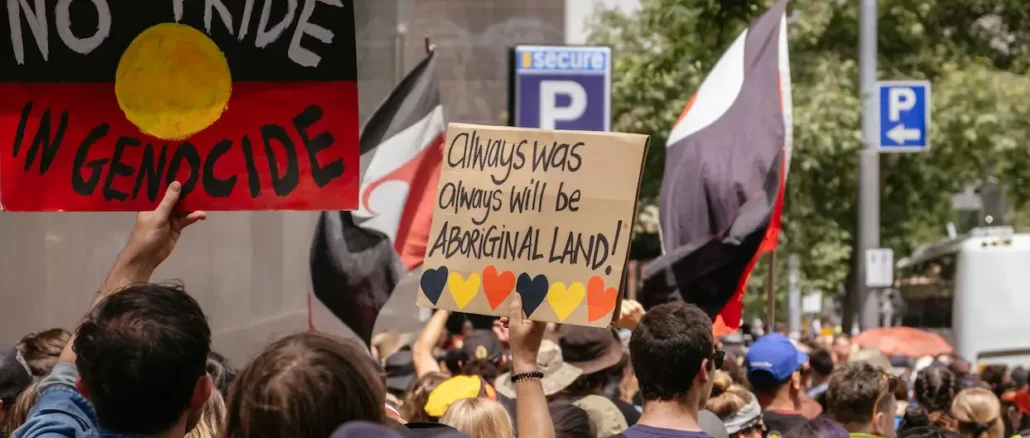
Every year on May 26th, Australians come together to observe National Sorry Day, a solemn occasion dedicated to acknowledging the historical injustices inflicted upon Aboriginal and Torres Strait Islander peoples. This day serves as a reminder of the profound impact of the forced removal of Indigenous children from their families, known as the Stolen Generations, and the ongoing journey toward healing, reconciliation, and social justice.
Recognising Historical Trauma
National Sorry Day holds significant importance in Australia’s national consciousness as it recognises the deep-seated trauma inflicted upon Indigenous communities through government policies of forced assimilation and child removal. For over a century, Indigenous children were forcibly taken from their families and communities, resulting in the loss of cultural identity, connection to land, and intergenerational trauma that continues to affect Indigenous Australians today.
A Day of Remembrance and Reflection
On National Sorry Day, Australians are encouraged to reflect on the injustices of the past and the ongoing struggles faced by Indigenous peoples in their quest for justice, equality, and recognition. It is a day to honour the resilience and strength of Aboriginal and Torres Strait Islander communities, who have endured centuries of dispossession, discrimination, and marginalisation with courage and dignity.
The Importance of Reconciliation
At the heart of National Sorry Day is the pursuit of reconciliation between Indigenous and non-Indigenous Australians. Reconciliation involves acknowledging the wrongs of the past, seeking justice for those affected, and fostering mutual respect, understanding, and unity across cultures. It requires a commitment to truth-telling, healing, and building meaningful partnerships based on principles of equality and social justice.
Towards Healing and Healing
National Sorry Day prompts us to reflect on the injustices of the past and the ongoing journey toward reconciliation. As we commemorate this day, it’s important to consider its significance and the actions we can take to support Indigenous communities. Some may wonder whether a single day of observance is enough to address such complex issues, or if a longer period, perhaps a month dedicated to reconciliation, would be more appropriate.
What are your thoughts? Do you believe a day is sufficient, or should there be a more extended period of reflection and action? Your perspectives and insights can contribute to the ongoing dialogue surrounding reconciliation in Australia. Let’s continue to listen, learn, and work together towards a future built on understanding, respect, and unity.
SheSociety is a site for the women of Australia to share our stories, our experiences, shared learnings and opportunities to connect.

Leave a Reply